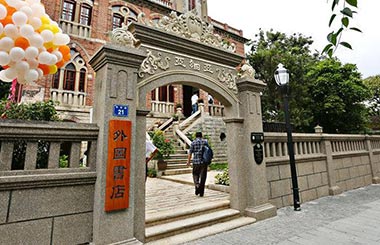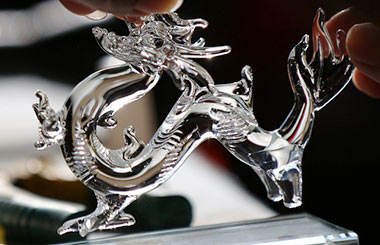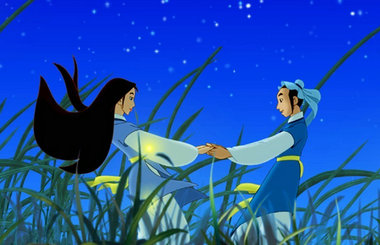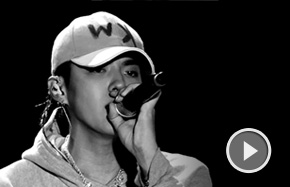Drama receives warm response for Taiwan’s cultural icon Wu Nien-jen
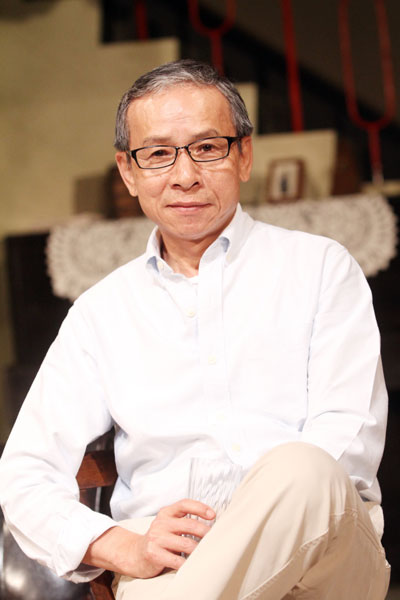 |
|
[Photo provided to China Daily] |
Reading has since become his lifelong habit. In the 1980s, he even found access to books by mainland authors, which were then still banned in Taiwan, and was greatly inspired by writers such as Shen Congwen, whose plain yet emotionally engaging narrative style is a particular favorite.
Wu's own writing captures the lives of people at the bottom of the social hierarchy, such as coal miners, taxi drivers and old soldiers, in his short stories that continue to be best-sellers in both Taiwan and on the Chinese mainland.
"Ordinary people are the majority of a society. Unlike politicians who lie and all that, these people live real lives and fight to live," Wu told a recent press conference. "They can't express their feelings. When you understand them, maybe you could use your writing talents to speak for them."
In the early 1980s, he became a promoter of Taiwan's new-wave cinema. As a scriptwriter, he was known for his prolific work with two of Taiwan's most respected directors, Edward Yang and Hou Hsiao-hsien.
Wu has thus been associated with some of the best Chinese films: Yang's That Day, On the Beach, Hou's Dust in the Wind and Hong Kong director Ann Hui's Song of the Exile.
Films have also proved that Wu's ability to tell stories goes beyond his writings. His acting skills were well-explored by Yang, who cast Wu as the lead in his award-winning film Yi Yi as a man caught in a mid-life crisis.
Wu also made his directorial debut in 1994 with A Borrowed Life, an internationally award-winning movie that Wu made in memory of his miner father.
"I've been thinking about making something to discuss whether my generation is to become a burden on the next generation," Wu says. "I don't want to become so, because the young generation is already living a hard life."
Recently he jokingly talked to his son about how to plan his own funeral.
"Throw the remains wherever you like," he said, "and no need for a tombstone, leave trails of nothing."




